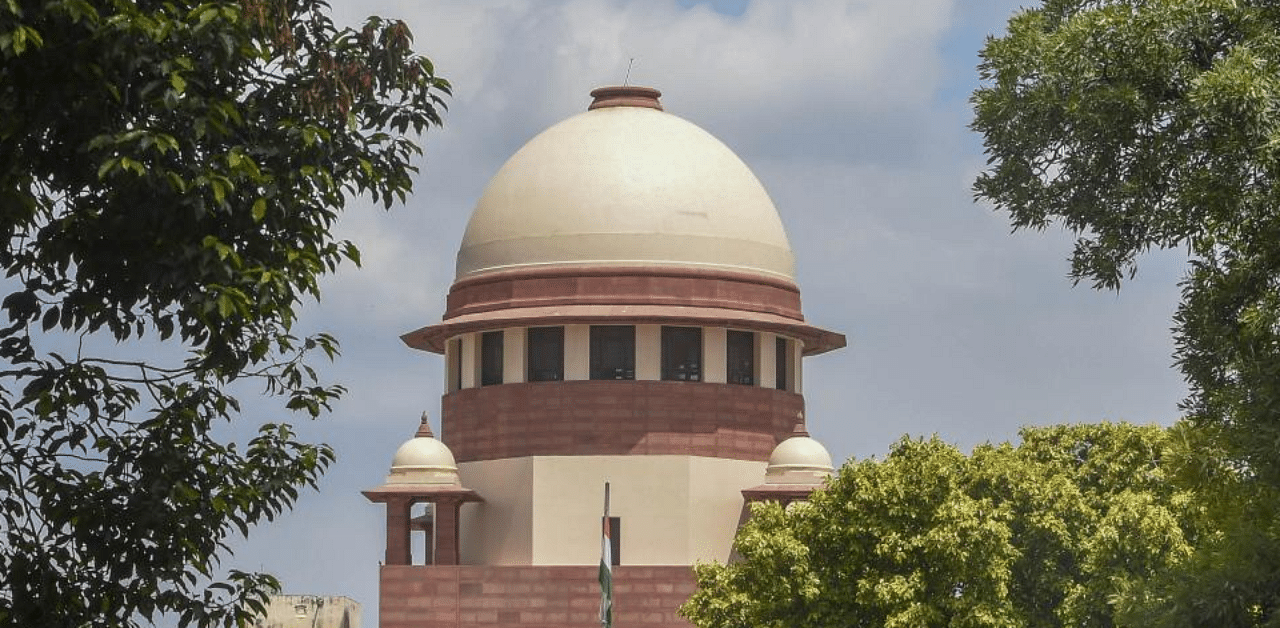
Amid the ongoing farmers' protests against the three farm laws, a PIL has been filed in the Supreme Court asking it to direct the Centre and states to publish draft legislations prominently on government websites and in the public domain at least 60 days before introducing them in the Parliament and State Assemblies.
BJP leader and advocate Ashwini Kumar Upadhyay asked the court to ensure that the decisions taken in the meeting of the Committee of the Secretaries on January 10, 2014, under the Chairmanship of Cabinet Secretary on Pre-Legislative Consultation Policy were complied with in order to ensure wide public discussion and feedback.
"A rigorous public debate on the law for two months would force the Executive to analyse every aspect. When the law would be debated in the parliament, MLAs/MPs will give better suggestions as well. After all this, the new draft (if published in all regional languages) would encompass all suggestions received from all sections, thus it would be error-free and democratically viable," his plea stated.
It further claimed that this would eliminate the challenging of the law, as the court can ask the petitioner why he/she hadn't given his/her suggestion to the government. "Such a law-making process would be more effective and transparent. It would also strengthen democracy and reduce the load of PILs," the plea suggested.
The petitioner said the cause of action accrued on November 26, 2020, when farmer and labour unions protested against the three farm Acts. On November 30, 2020, farmers converged at various border points of Delhi and continued to protest.
"As the draft was not published for wide consultation and feedback, this has led to a lot of misinformation and protest among the farmers and political vultures are using this chaos to advance their own cause, using the farmers as a front," he claimed.
Upadhyay claimed in view of the recommendations of the National Advisory Council, the National Commission to Review the Working of the Constitution and comparative international practices, the Government of India had conceived of a Pre-Legislative Consultation Policy in 2014. It was then made mandatory for the Ministry or Department concerned to publish or place in the public domain the draft legislation or at least the information that may include a brief justification for such legislation, essential elements of proposed legislation, its broad financial implications.
